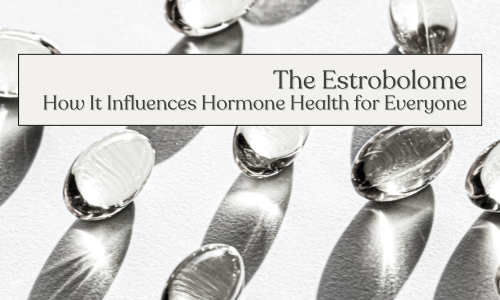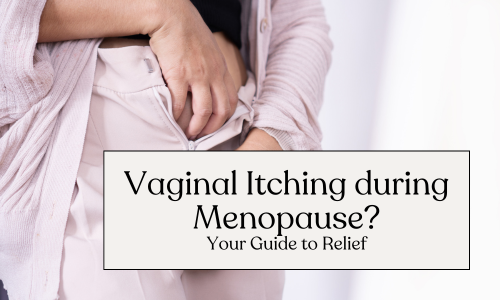Fiber: The Unsung Hero for Digestive Health, Bloating Relief, and Weight Loss
When it comes to achieving better digestion, reducing bloating, and supporting weight loss, fiber deserves the spotlight. Often overlooked, fiber is an essential nutrient that regulates your digestive system, improves gut health, and helps you manage your weight—all while delivering long-term health benefits. Here’s how fiber can be your secret weapon for feeling lighter, more energized, and healthier overall. What is Dietary Fiber? Dietary fiber is a plant-based carbohydrate that your body doesn’t digest. Instead, it moves through your system intact, offering incredible benefits for your digestive health and more. There are two main types of fiber: Both types play unique roles in improving digestion, reducing bloating, and enhancing weight loss. How Fiber Supports Digestive Health Promotes Regularity If constipation or irregular bowel movements are a challenge, fiber can help. Insoluble fiber bulks up your stool, making it easier to pass and keeping your digestive system running smoothly. Fiber-rich foods to include: Eases Bloating Bloating often stems from slow digestion or imbalances in the gut microbiome. Soluble fiber can help by absorbing water and moving waste through your system steadily. Tips for reducing bloating with fiber: Pro Tip: Increase your fiber intake gradually to avoid bloating or gas. Pair it with plenty of water for comfort. Fiber’s Role in Weight Loss One of fiber’s superpowers is promoting satiety, which helps you manage hunger and cravings. High-fiber foods are filling, lower in calories, and slow digestion—keeping you full longer and supporting stable blood sugar levels. Research Insight: People who eat more fiber tend to have healthier body weights than those with lower fiber intake. Fiber-rich choices for weight loss: Tips for Increasing Fiber Intake Adding more fiber to your diet doesn’t have to be complicated. Here’s how: Fiber Supplements: A Convenient Option If meeting your daily fiber needs through food feels overwhelming, consider fiber supplements like psyllium husk. While supplements can be helpful, they shouldn’t replace a balanced, fiber-rich diet. Why Fiber is Your Health Ally Incorporating fiber into your daily routine is one of the simplest ways to improve digestion, reduce bloating, and support sustainable weight loss. Over time, consistent fiber intake can enhance your overall wellness, leaving you feeling lighter, more regular, and more energetic. Looking for personalized support on your weight loss journey? At DiscovHER Health, we specialize in holistic approaches to women’s wellness, including digestive health and weight management.Contact us today to create a tailored plan that helps you incorporate fiber and other essential nutrients into your lifestyle for optimal health. About Us Jenna Perkins is a board certified Women’s Health and Gender Related Nurse Practitioner with extensive knowledge and experience in Urogynecology, Pelvic Pain, Sexual Health, and complex Gynecology. She is founder of DiscovHER Health, Northern Virginia’s premier destination for women’s healthcare and expertly curated products. DiscovHER Health Offers cutting edge treatments Pelvic Health + Wellness Skincare | Face + Body Body Toning + Tightening Weight Loss Program Where are we located? We are located in Alexandria, Virginia and serve patients from all over the Mid-Atlantic including Washington DC, Alexandria, Baltimore, and Chevy Chase Related Topics










